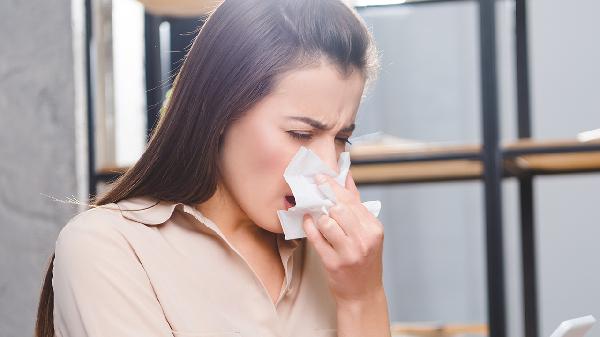Due to the physiological characteristics of women, they must experience menstruation and pregnancy in their lifetime, making the female reproductive organs very fragile. Therefore, it is essential to take good care of them to improve the quality of life. However, there are five types of diseases that particularly plague women, causing them immense suffering.
Which diseases are women prone to?
1. Breast Cancer
Breast cancer has become the number one killer of women, typically occurring in those who marry late, engage in early sexual activity, have no childbirth experience, or have had few pregnancies. Additionally, older mothers, those who have undergone multiple abortions, and those with a family history of breast cancer are also susceptible. Early detection and treatment can eliminate cancer lesions through surgery combined with radiotherapy and chemotherapy, extending survival.
2. Pelvic Inflammatory Disease (PID)
PID is an inflammation of the female reproductive organs and surrounding connective tissues, including endometritis, oophoritis, and salpingitis. Frequent sexual activity, multiple sexual partners, poor hygiene during menstruation, multiple childbirths, repeated gynecological surgeries, and poor personal hygiene habits can all damage the reproductive system and lead to PID.
3. Ectopic Pregnancy
Normally, after the sperm and egg combine to form a zygote, it travels to the uterus, where it implants and begins to develop. If the zygote implants outside the uterus, in areas such as the abdominal cavity, ovaries, or cervical canal, it results in an ectopic pregnancy. Factors causing ectopic pregnancy include chronic salpingitis, endometriosis, mental illness, peritonitis, and appendicitis. Untreated ectopic pregnancy can lead to life-threatening hemorrhage.
4. Acne
Acne is a chronic inflammation of the skin, typically manifesting as small red bumps the size of rice grains on the face. When squeezed, a discharge resembling tofu dregs appears. Infection can lead to scarring and pustules, increasing the number of acne lesions. After acne subsides, small scars or pigmentation may remain, usually diminishing around the age of 25.
5. Menopausal Syndrome
With the acceleration of life's pace, some women face significant work and life pressures, leading to earlier onset of menopause. When entering menopause, patients may become easily agitated, suffer from insomnia and nightmares, experience memory loss, depression, anxiety, irritability, and emotional instability, along with restlessness, difficulty concentrating, and amenorrhea.
Tips:
Women should take good care of their ovaries and uterus, maintain personal hygiene, frequently change and wash underwear, eat plenty of fresh fruits and vegetables, avoid sexual activity during menstruation, maintain a positive and optimistic mindset, and ensure adequate sleep.
























